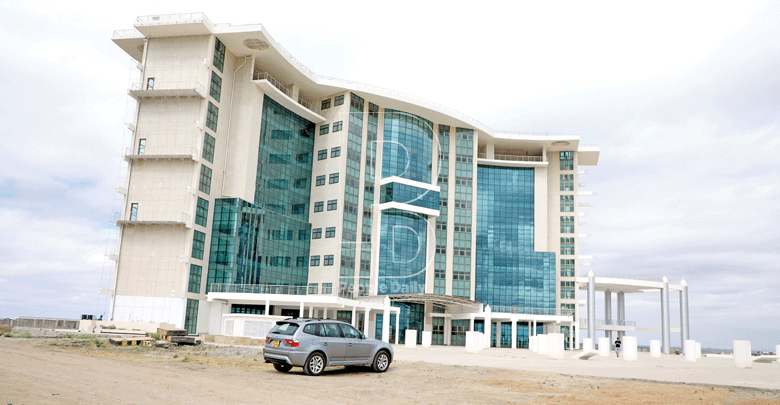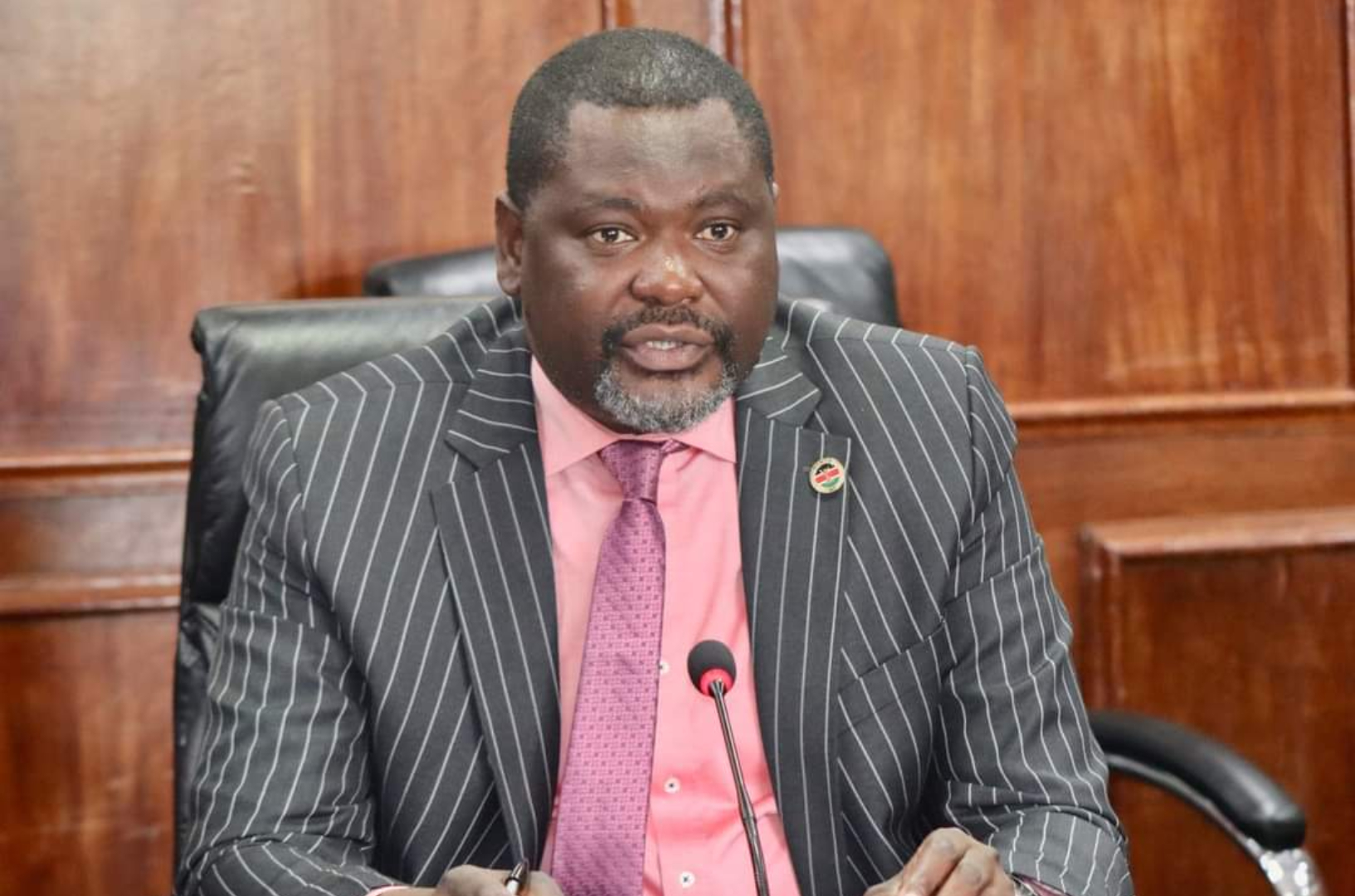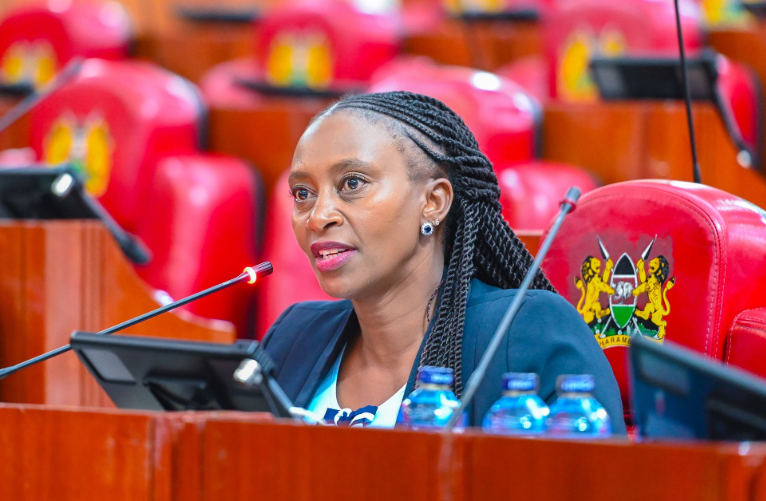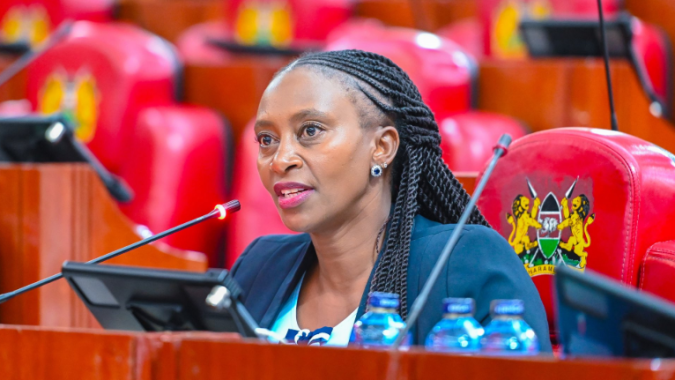Why Kenya is under pressure to give life to Konza tech city

Lack of funds and dwindling investor confidence have left Konza City to slip behind schedule four months into 2020 when the smart city was lined up to host 20,000 residents.
Six years after it was rolled out, the project touted as Kenya’s dream techno-city is still struggling at a time the number of tech hubs across Africa has grown by nearly 50 per cent over the past year.
Currently, a single unoccupied building, pockets of ongoing road projects and laying of sewer lines are the only visible sign of progress on the vast 5,000 acres meant for the project while Rwanda’s Kigali Innovation City – a potential competitor – launched in 2015, is set for completion next year.
Tom Oruko, a town planner and investor who has worked in Rwanda says dynamics are changing fast and Kenya must adapt or risk being left behind in the tech hubs race.
The near completion of the project set to host 50,000 people in universities and technology firms on 70 hectares in the outskirts of Kigali, he adds means Kenya must fast-track Konza City.
Tech companies
“There is also Nigeria’s Eko Atlantic City near Lagos, Ghana’s Hope City and a new Ethiopian smart city are all competing with Konza Technopolis for tech companies,” he says.
A spot check by Business Hub last week chanced on project consultants for phase 1 going through development plans in what could be a pointer that the proposed tech city dubbed Silicon Savannah could eventually take off.
In the distance, water tanks could be seen, and two kilometres from the site office is land demarcated for Kenya Electricity Transmission Company (Ketraco). The other parcels are still being sub-divided with ongoing road constructions.
Frustration is palpable among traders and residents at nearby Malili town. They had banked hope on the project to change their fortunes. “Many years later, we are still waiting for the signal,” Alex Malome, a restaurant operator in the town said.
John Muia, a property developer who had eyed real estate development in the region following expression of interest by a crop of investors, is now uncertain of the future. He wonders where people would be accommodated even if the city were to take off today.
“We have not been able to set up projects we can afford due to tough rules from Konza Technopolis Development Authority (KoTDA). That is why most of those working on the site live in Machakos, meaning it has not helped us much,” Muia said. Konza City has been marked by unmet deadlines and milestones, having failed to meet the ambition of international investors and not a single tenant operates from the completed KoTDA building. KoTDA is the special purpose vehicle to facilitate the development of Konza City.
Construction industry
During the visit to the planned city, Business Hub came across delegates from Machakos University intent on renting part of the building.“This place is still deserted, but we hope the students will find the place conducive for studies,” one of the delegates was heard saying.
The ambition of KoTDA was, however, questioned during a meeting of architects and stakeholders in the construction industry in Mombasa last week who wondered why despite plans to shift to Konza in 2017, they still operate from Westlands, paying Sh572,050.50 monthly rental fees , only 60 kilometres away from Konza.
It is the work of KoTDA to market and promote a strong value proposition to encourage businesses to move to Konza and attract real estate developers.
KoTDA Chief executive officer John Tanui said funding which was the initial challenge has been eased for the horizontal infrastructure, with government setting aside funds for the Phase 1 infrastructure development.
“For the past five years the National Treasury has been funding the project at an average annual budget of Sh900 million,” he said.
Largest allocations
This year, it allocated Sh12.3 billion to the project, which is the largest allocations since the project was mooted in 2013. Part of the cash, Sh7.2 billion is supposed to fund ongoing construction works while another Sh5.1 billion will go towards creating Konza Data Centre and Smart City facilities.
The government has stepped in to bring South Korea which is expected to spend Sh10 billion to set up Kenya’s first graduates-only Information Technology University on a 22-acre plot at Konza Technopolis.
Modelled after the Korean Advanced Institute of Science and Technology, the local arm, Kenya Advanced Institute of Science and Technology (Kenya Kaist), is expected to admit its first batch of Masters and PhD students in three faculties in 2021.












